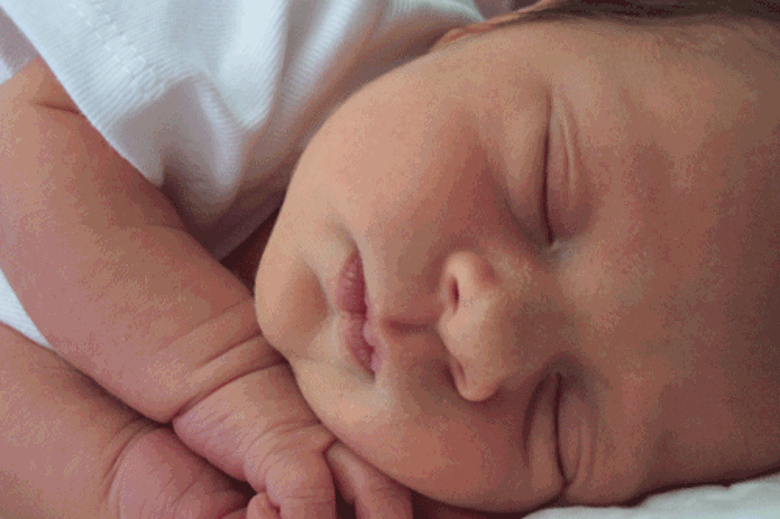Call to break ‘cycle' of multiple care proceedings
Joe Lepper
Tuesday, December 15, 2015
Carers are calling for a greater focus on early intervention support after latest figures revealed a rise in the number of babies removed from vulnerable families caught in a "cycle of family court proceedings".

Research by Lancaster University found an increase in the number of babies taken into care at birth or shortly afterwards, from 802 in 2008 to 2,018 in 2013. Between 2007 and 2014, there were 13,248 children taken into care in such cases.
In many cases babies were being taken from families who already had at least one child in care. One in four women, who had previously lost a child through a court order, returned to the family court when subsequent children were born, the research found.
This proportion rises to one in three among mothers who were teenagers when their first child was born.
The research team says this “hidden population of mothers are caught up in a cycle of family court proceedings, with one child after another being removed from women’s care”.
Kevin Williams, chief executive of The Fostering Network, which represents fostering services and carers, says this latest research shows the pressing need for early intervention support for families to break this cycle of care for vulnerable families.
He said: “We know that when some people who become parents are not provided with appropriate support, then there is a huge risk that their children will become subject to care proceedings.
“It is especially vital that people who have already had a child taken into care receive support that meets their individual needs to ensure that their risk of becoming pregnant, until they are in a position to best support a child, is reduced.”
He called on central government to help councils “adequately resource” early intervention support, through adult and children’s social care, as well as support for foster carers so that they can help children return to their birth parents where possible.
Lancaster University’s Professor Karen Broadhurst, who led the research, said the high proportion of teenage mothers caught in this spiral of care proceedings was particularly worrying.
She said: “It is evident that these girls, many still children themselves, simply do not understand the court process.”
Prof Broadhurst added that more needed to be done to support women suffering trauma from their own childhood experiences as well as due to the removal of their baby.
“We need policy change to mandate help for women to overcome these difficulties, otherwise the human and economic costs are huge and the family court will continue to recycle some of the youngest women,” she added.




